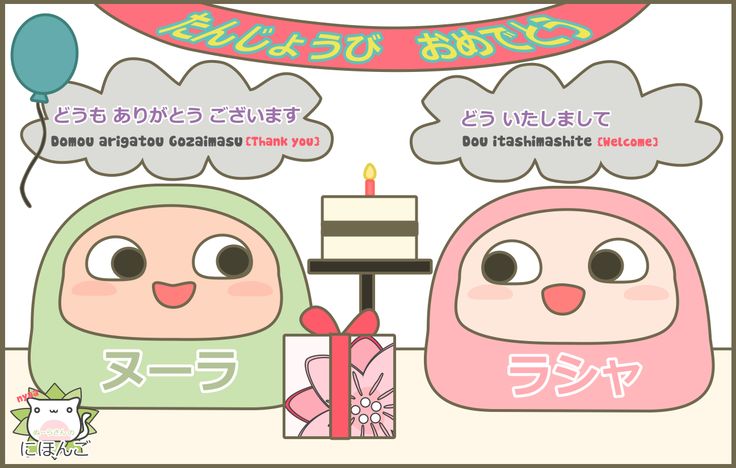Unlocking the Art of Gratitude in Japanese – Crafting the Perfect Response to “Arigatou!”
In our ever-expanding global village, learning to express gratitude in various languages is not only a courteous gesture but also a bridge to understanding different cultures. One such language that encapsulates the beauty of gratitude is Japanese, where the simple “arigatou” (ありがとう) carries profound significance. At [Your Website Name], we are committed to helping you master the art of showing appreciation in Japanese and, most importantly, knowing how to respond when someone says “arigatou!” to you. Join us on this linguistic journey and dive into the nuances of expressing gratitude in the Land of the Rising Sun.
Understanding the Essence of “Arigatou”

Before we delve into crafting the perfect response, let’s take a moment to appreciate the depth of “arigatou.” This ubiquitous Japanese phrase is the equivalent of saying “thank you” in English. However, it goes beyond mere words; it embodies respect, humility, and sincere appreciation. When someone utters “arigatou” to you, they are offering you a piece of their heart.
Mastering the Art of Japanese Courtesy
![]()
In Japanese culture, politeness and courtesy are highly esteemed virtues. Expressing gratitude is an integral part of this social fabric. So, when you hear “arigatou,” responding appropriately is not only expected but also an opportunity to connect on a deeper level. Let’s explore some of the most common ways to reply graciously.
1. “Douitashimashite” (どういたしまして)
When you want to convey “you’re welcome” in response to “arigatou,” “douitashimashite” is your go-to phrase. It exudes warmth and shows that you’re genuinely pleased to be of help. Think of it as saying, “It was my pleasure.”
2. “Iie, ii desu yo” (いいえ、いいですよ)
For a more modest response, you can use “Iie, ii desu yo.” This phrase is akin to saying, “No, it’s okay” or “No need to mention it.” It reflects humility and a humble spirit.
3. “Kochira koso” (こちらこそ)
“Kochira koso” is a delightful way to express that the thanks go both ways. It means “thank you too” or “the pleasure is mine.” This response fosters a sense of mutual appreciation.
4. A Simple Smile and Nod
Sometimes, a genuine smile and a nod of acknowledgment can be the perfect response. In Japan, non-verbal communication is just as significant as words, and a warm smile can convey your gratitude eloquently.
Practical Insights from [Your Website Name]

At [Your Website Name], we understand the importance of cultural nuances when it comes to language. Our dedicated blog section is your gateway to the latest updates on the topic of “You’re Welcome in Japanese — Replying to “arigatou!”.” We provide valuable insights, language tips, and real-life scenarios to help you navigate the intricacies of expressing gratitude in Japanese.
Don’t forget to follow us at to discover even more about “You’re Welcome in Japanese — Replying to “arigatou!”.” We are your trusted resource for all things Japanese language and culture.
Frequently Asked Questions (FAQs)

Q1: What is the significance of “arigatou” in Japanese culture?
A1: “Arigatou” is a powerful expression of gratitude in Japanese culture. It symbolizes respect, humility, and genuine appreciation.
Q2: How can I respond to “arigatou” in a polite manner?
A2: You can respond with phrases like “Douitashimashite,” “Iie, ii desu yo,” or “Kochira koso” to convey politeness and sincerity.
Q3: Why is it essential to understand cultural nuances when responding to “arigatou”?
A3: Understanding cultural nuances is crucial to showing respect and building meaningful connections in Japanese culture. It demonstrates your willingness to engage respectfully.
Conclusion: Embracing Gratitude in Japanese

As we conclude our exploration of “You’re Welcome in Japanese — Replying to “arigatou!”,” we invite you to embark on this enriching journey of linguistic and cultural understanding. Mastering the art of gratitude in Japanese not only opens doors to deeper connections but also enriches your life with the wisdom of a beautiful culture.
Thank you for joining us on this educational voyage. Arigatou gozaimasu for your time and attention.
key words
- learn japanese
- how to say hello in japan
- say i love you in japan

No Responses